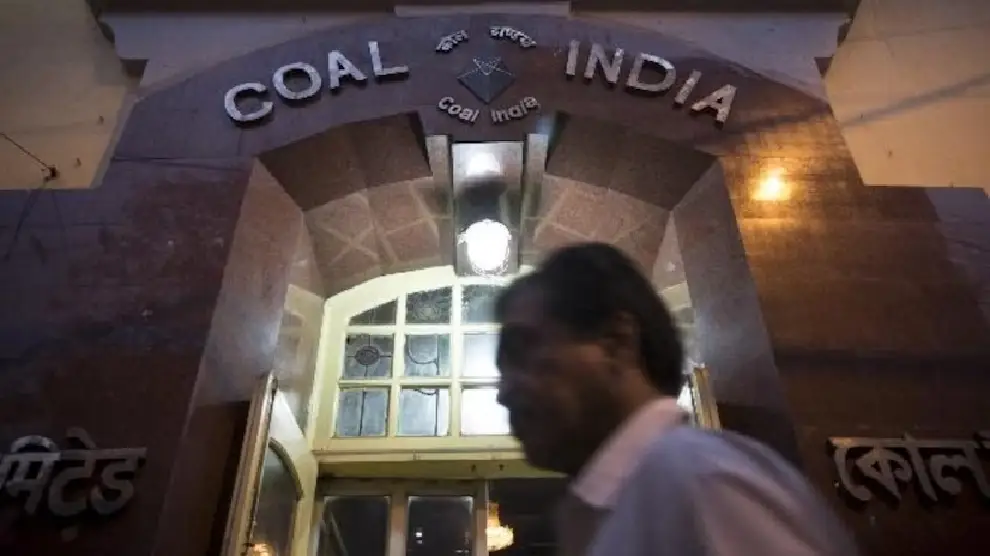This website (www.legacylawoffices.com) is merely a listing of Legacy Law Offices on the worldwide web. The rules of the Bar Council of India do not allow us to advertise or to solicit work. By clicking on the "icon" below, the user acknowledges the following:
• There has been no advertisement, personal communication, solicitation, invitation or inducement of any sort whatsoever from us or any of our lawyers to solicit any work through this website;
• The user voluntarily wishes to gain more information about us for his/her own information and use;
• The information about us is made available to the user only on his/her specific request and any information obtained or materials downloaded from this website is completely at the user's volition and any transmission, receipt or use of this site would not create any lawyer-client relationship.
The information provided under this website is solely available at your request for informational purposes only. The same should not be interpreted as soliciting or advertising. We are not liable for any consequence of any action taken by the user relying on the information provided under this website.
The information contained on the website is not intended to constitute legal advice and Legacy Law Offices cannot accept any responsibility towards those who rely solely on the contents of this website. Legacy Law Offices make no warranty, express or implied, with respect to the information contained on this website or on any third party website which may be accessed by a link from this website.










